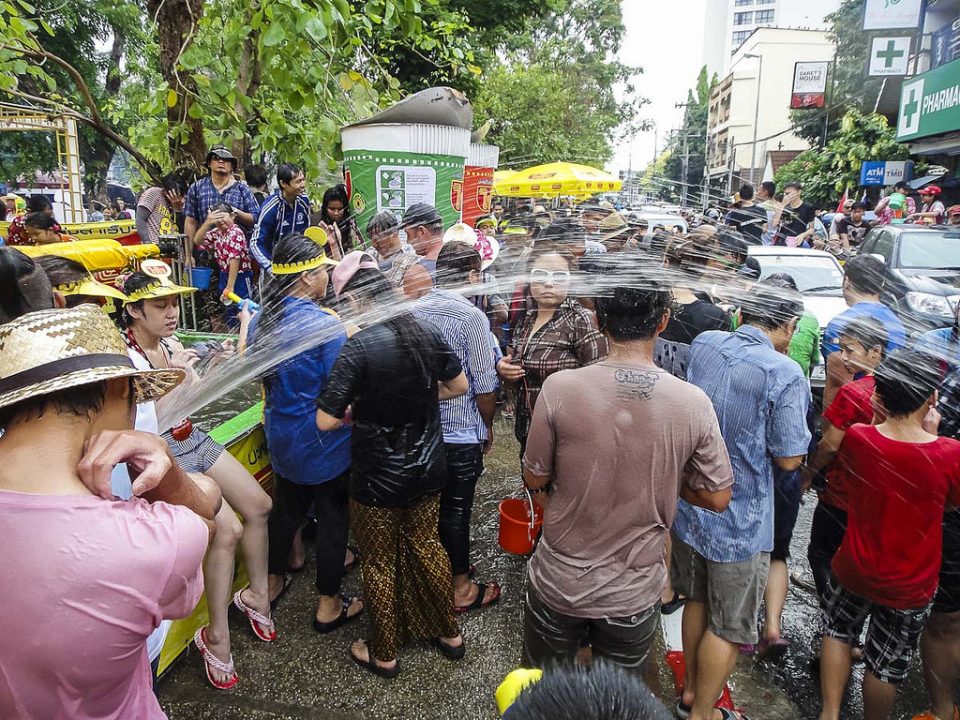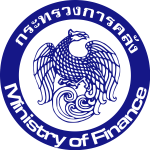Pattaya police step up ‘No Songkran’ enforcement on Thai New Year
Even though the calendar says it’s the Thai New Year, Pattaya police are out in force to remind folks that, this year, there is no Songkran.
Patrol police made house calls April 9 at residences where they spotted buckets outside, ready to be filed and used to splash passersby from April 10-19.
The government canceled all Songkran festivities and issued orders that the Thai New Year would not dawn as per the lunar calendar, but as per government edict sometime in July after the coronavirus pandemic is expected to ease. The risks of Covid-19 transmission are simply too high during normal Songkran celebrations, which pack thousands of people in close proximity with everyone getting doused with water potentially containing the deadly virus.
Officers told parents that they would face serious repercussions if their children engaged in water-throwing. Even traditional sprinkling of water on hands and feet is outlawed.
Pattaya has banned the sale of alcohol during the usual Songkran period to remove another incentive for people to congregate and break social-distancing rules. This ban stays in effect until April 30, 2020.
The order forbids any shop or person to sell, pay, distribute or exchange any alcoholic drinks, whether self made or as a mixed drink.
It is also forbidden to transport alcoholic drinks, whether self made or as a mixed drink, to, from or through Chonburi Province.
Drinking outdoors in public areas is strictly prohibited and offenders will be dealt with the full extent of the law.
The penalty for disobeying the order is one year in jail or 100,000 baht fine or both.
On the bright side, police said, fewer people will kill themselves on Thailand’s roads during Songkran, when driving while drunk and without helmets results in the deaths of hundreds of people each year.
In addition to the normal water wars, traditional Songkran observances also are canceled, such as merit-making, sprinkling water on elders, and no rice-piling festival.
Police said religious activities can be done via video conferencing.




